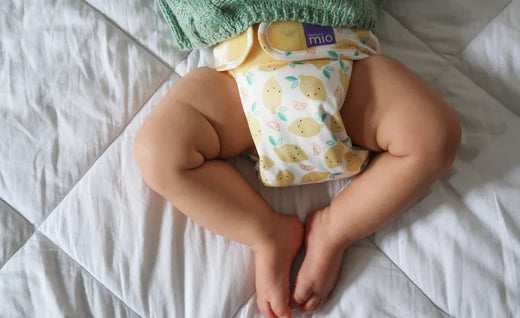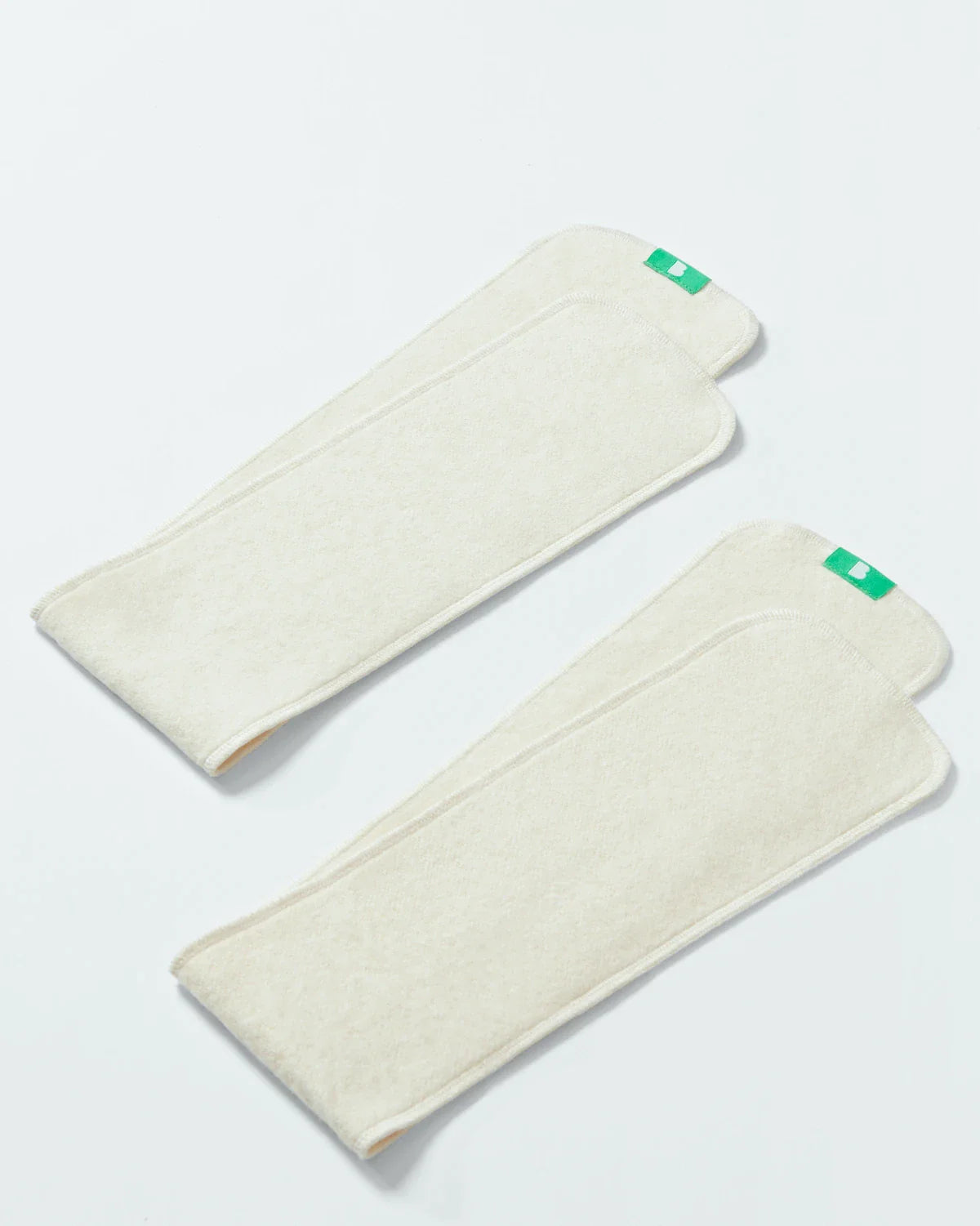Due Date Calculator: How Many Weeks Pregnant Am I?
Share Options
- Bambino Mio
- Parent Life
- 09 / 06 / 2023

Inside this Article:
- Working out your estimated due date
- Use the Bambino Mio Baby Due Date Calculator to find your EDD
- Using the date of your last menstrual period
- Using your conception date to work out your due date
- Working out your due date if you conceived with IVF
- Your ultrasound scan can offer a more accurate due date
- When will I have my ultrasound scan?
- Are there other signs to show how far along I am?
One of the first things you’ll ask yourself when you see that positive pregnancy test is when your baby will be born. We all know that human pregnancies last for around nine months, but it’s not always easy to be exact when you’re in a whirlwind of emotions. This is where baby due date calculators come in to help.
Working out your estimated due date
It’s known as an estimated due date for a reason. Only 4% of babies arrive on their exact due date, with most arriving a week either side and some, of course, coming earlier or later than that.
During the early stages of your pregnancy your estimated due date, or EDD, is very important to you because it gives you something to plan around and to get excited about. Your baby definitely won’t see your EDD as a deadline or target, but you can use it as one to help you to prepare for the new arrival.
Use the Bambino Mio Baby Due Date Calculator to find your EDD
Our calculator is every bit as reliable as the NHS due date calculator but it adds a bit of fun with some interesting facts about your due date.
There are a few ways to use our calculator, depending on the information you have to hand.
Using the date of your last menstrual period
Most pregnancies are around 40 weeks long if you count from the date of the first day of your last menstrual period, or LMP. For many women, the date of the LMP is certain, so it gives you and your health care provider a definite (ish) date to count from. If you know your LMP, use this option in our baby due date calculator.
Your LMP is how most doctors and midwives work out your due date because it’s more definite than the conception date, which is sometime around two weeks after the first day of your period, assuming you have a 28-day cycle.
Using your conception date to work out your due date
If you have a 28-day menstrual cycle then your conception date - when your egg is fertilised - will be roughly two weeks after the first day of your last period. This isn’t as exact, however, as you might have ovulated a day or so earlier or later than usual.
Using your conception date gives you 266 days, or 38 weeks, to your due date, which is what our calculator will work out for you. If you’ve been using an ovulation tracker or an ovulation predictor kit, then you can be a bit more certain. Using trackers, kits or monitoring your ovulation symptoms can help if you have longer or shorter cycles than average.
Working out your due date if you conceived with IVF
If you used in vitro fertilisation to conceive then you can use your transfer date to work out your EDD. Embryo transfers usually happen three or five days after fertilisation so you can count 263 days after the transfer date (three-day transfer) or 261 days (five-day transfer) to calculate your due date. To make life a bit easier, you can just plug your dates into the IVF option on our amazing EDD calculator.
Your ultrasound scan can offer a more accurate due date
You’ve used our calculator, counted back and forth on your calendar until your head spins and you reckon you’ve nailed your due date. There’s one more way to work it out which can assess your stage of pregnancy with nigh-on pinpoint accuracy and that’s your ultrasound scan.
When will I have my ultrasound scan?
Most women have their first ultrasound, also known as the dating scan, at around 12 weeks of pregnancy and the measurements the sonographer takes can reveal your baby’s “age” pretty much to the day.
Some women have earlier ultrasounds - at around six weeks’ gestation - especially if they have a history of complications or very irregular periods.
These scans can give you a bit more certainty, especially if you’re not sure of your dates.
Are there other signs to show how far along I am?
There are other clues which can tell you how many weeks pregnant you are, but they’re not as accurate. You might be able to detect your baby’s heartbeat with a doppler scan at nine or 10 weeks’ gestation and you might feel the first foetal movements when you're between 18 and 22 weeks pregnant.
However, these pregnancy milestones are unreliable, as some women don’t feel any movement until they're more than than 22 weeks pregnant and dopplers rely on the position of the baby to pick up the heartbeat.
How accurate was your estimated due date? Did your baby surprise you with an early entrance or keep you waiting?







































